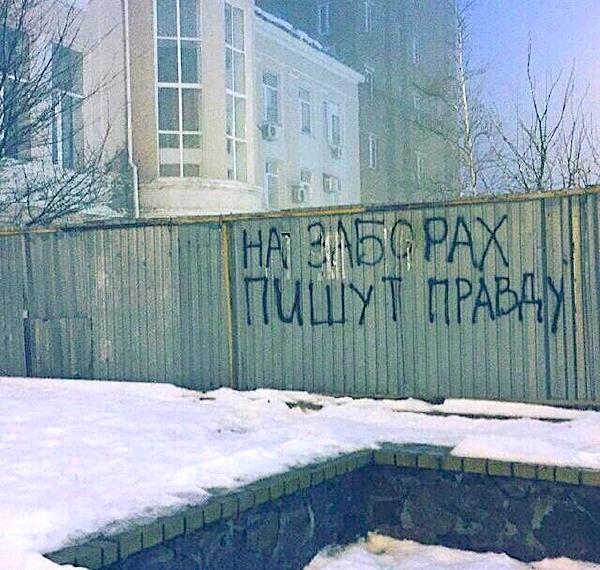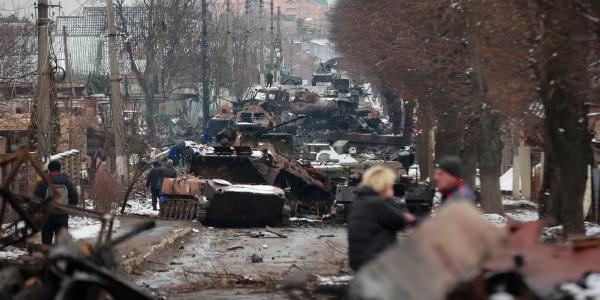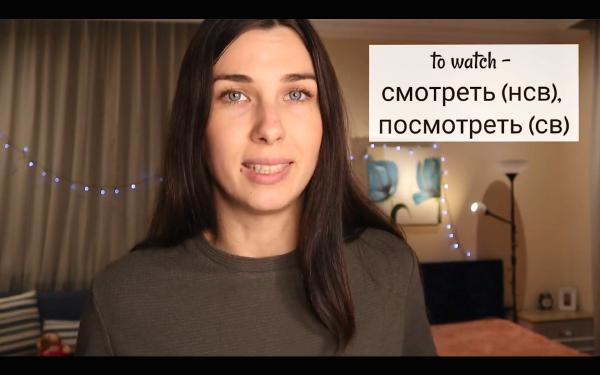Wegmans? The Name Putin and the Word путь
‘The man we all know: Putin. Does that name actually mean something?’ A question from an interview on FunX with Ellen Rutten, in celebration of Russian Language Day (June 6) 2019.
Mr. Wegmans
You can listen to it here. Around 2:54, you’ll hear that the name probably comes from путь (put), meaning ‘way’ (or ‘path’). Ms. Rutten sticks to Wegmans and doesn’t say mister. She does mention it’s a cute name, but someone interrupts her at that point.
Masculine
The word путь is masculine, but it declines as if it were feminine. This is how you get phrases like Нет пути назад (’no way back’, genitive case; also the name of a song by Siberian Meat Grinder), По пути (‘on the way’, dative case), and На правильном пути (‘on the right path’, prepositional case; the adjective shows the noun is masculine). In В путь (‘on the way’, accusative case), gender doesn’t matter.
In the genitive plural, it becomes путей. A striking title is У судьбы нет двух путей (‘Fate has no two paths’), made even more captivating by Natalya Zenkova’s performance, recorded somewhere in her home or perhaps a broom closet.
Vladímir
As compensation for the fact that there’s little specific information about the name in question, the rest of this is less substantial. But definitely listen to that FunX interview—it’s fun.
Also amusing: in a video titled How to Pronounce Vladimir Putin? (CORRECTLY), half of the pronunciation is actually incorrect. It’s Vladímir, not Vládimir, but that’s not the point here. For more on the name Vladimir, see Wikipedia.
Putin’s Surname Comes From This Russian Word
(Comprehensible Russian, 2020, 1.5 mins)
More








